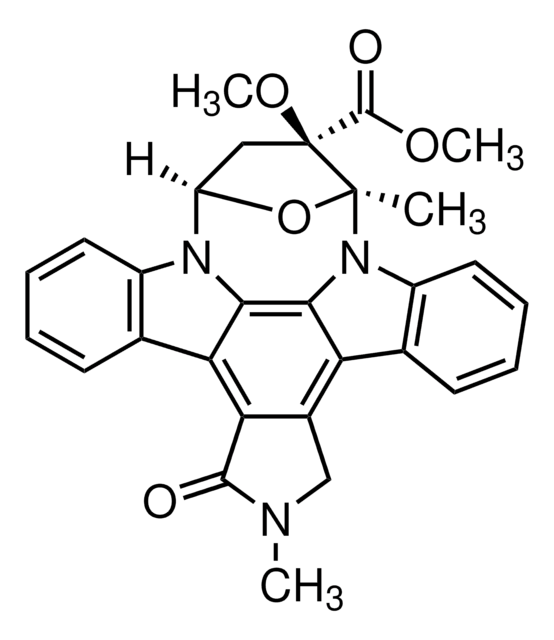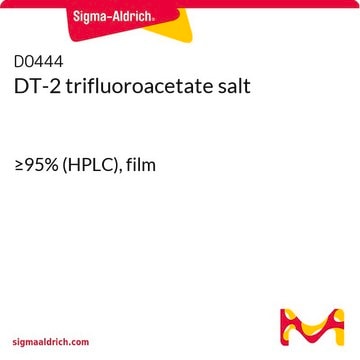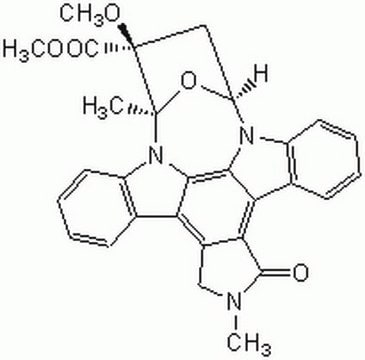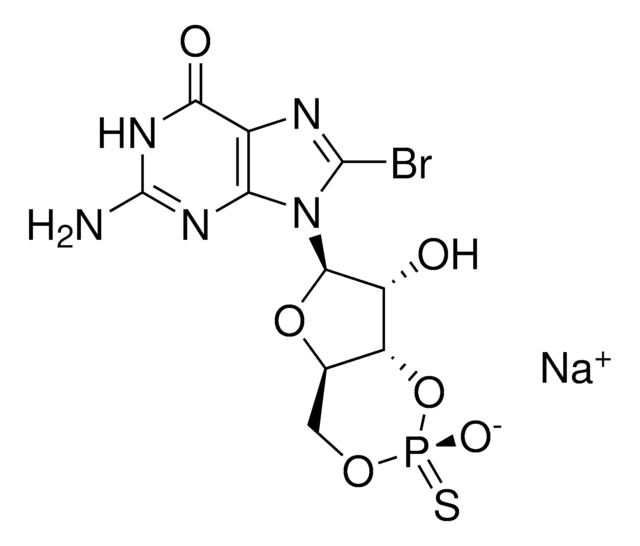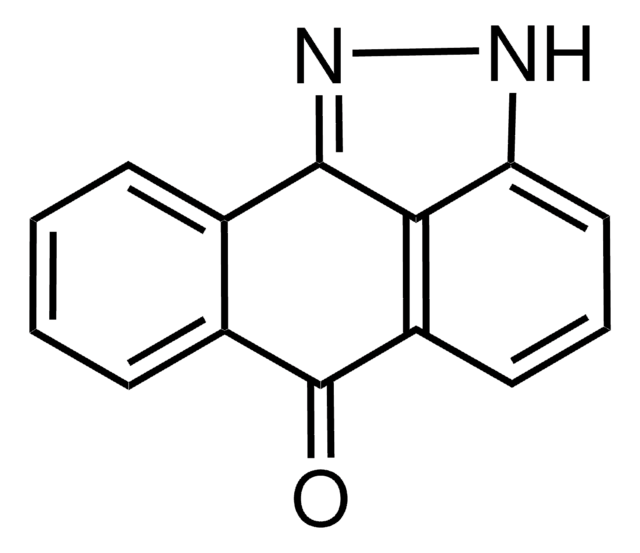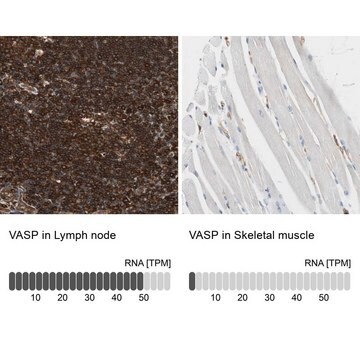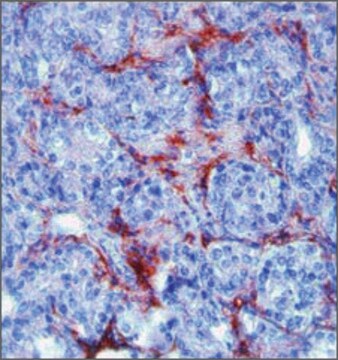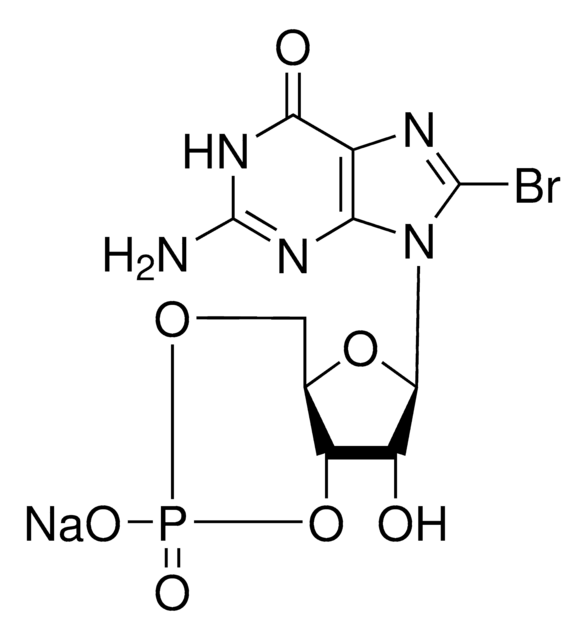370655
PKG Iα Inhibitor, Cell-Permeable
The PKG Iα Inhibitor, Cell-Permeable controls the biological activity of PKG Iα. This small molecule/inhibitor is primarily used for Phosphorylation & Dephosphorylation applications.
Synonym(s):
PKG Iα Inhibitor, Cell-Permeable, DT-3, RQIKIWFQNRRMKWKKLRKKKKKH, PKG Inhibitor VIII
Sign Into View Organizational & Contract Pricing
All Photos(1)
About This Item
Empirical Formula (Hill Notation):
C152H258N52O28S
Molecular Weight:
3294.07
UNSPSC Code:
12352200
NACRES:
NA.77
Recommended Products
Quality Level
assay
≥95% (HPLC)
form
lyophilized
manufacturer/tradename
Calbiochem®
storage condition
OK to freeze
desiccated (hygroscopic)
solubility
DMSO: 10 mg/mL
shipped in
ambient
storage temp.
−20°C
General description
A highly potent, reversible, and substrate competitive membrane-permeable peptide that selectively inhibits protein kinase G Iα (PKG Iα) (Ki = 25 nM). Inhibitor peptide is fused to the Drosophila Antennapedia homeo domain peptide to allow membrane permeability. Shown to efficiently cross the membrane of arterial smooth muscle cells and inhibit nitric oxide-induced (NO-induced) vasodilation (EC50 = 47 µM). Inhibits protein kinase A (PKA) activity only at much higher concentrations (Ki = 493 µM). The carrier peptide is also available under Cat. no. 287895.
Biochem/physiol Actions
Cell permeable: yes
Primary Target
PKG1α
PKG1α
Product competes with ATP.
Reversible: yes
Target Ki: 25 nM against protein kinase G Iα
Packaging
Packaged under inert gas
Warning
Toxicity: Standard Handling (A)
Sequence
H-Arg-Gln-Ile-Lys-Ile-Trp-Phe-Gln-Asn-Arg-Arg-Met-Lys-Trp-Lys-Lys-Leu-Arg-Lys-Lys-Lys-Lys-Lys-His-OH
Physical form
Supplied as a trifluoroacetate salt.
Reconstitution
Following reconstitution aliquot and freeze (-20°C). Stock solutions are stable for up to 2 months at -20°C.
Other Notes
Dostmann, W. R.G., et al. 2000. Proc. Natl. Acad. Sci. USA 97, 14772.
Legal Information
CALBIOCHEM is a registered trademark of Merck KGaA, Darmstadt, Germany
Storage Class
11 - Combustible Solids
wgk_germany
WGK 1
flash_point_f
Not applicable
flash_point_c
Not applicable
Certificates of Analysis (COA)
Search for Certificates of Analysis (COA) by entering the products Lot/Batch Number. Lot and Batch Numbers can be found on a product’s label following the words ‘Lot’ or ‘Batch’.
Already Own This Product?
Find documentation for the products that you have recently purchased in the Document Library.
Malgorzata Szaroszyk et al.
Nature communications, 13(1), 149-149 (2022-01-12)
Cachexia is associated with poor prognosis in chronic heart failure patients, but the underlying mechanisms of cachexia triggered disease progression remain poorly understood. Here, we investigate whether the dysregulation of myokine expression from wasting skeletal muscle exaggerates heart failure. RNA
Our team of scientists has experience in all areas of research including Life Science, Material Science, Chemical Synthesis, Chromatography, Analytical and many others.
Contact Technical Service